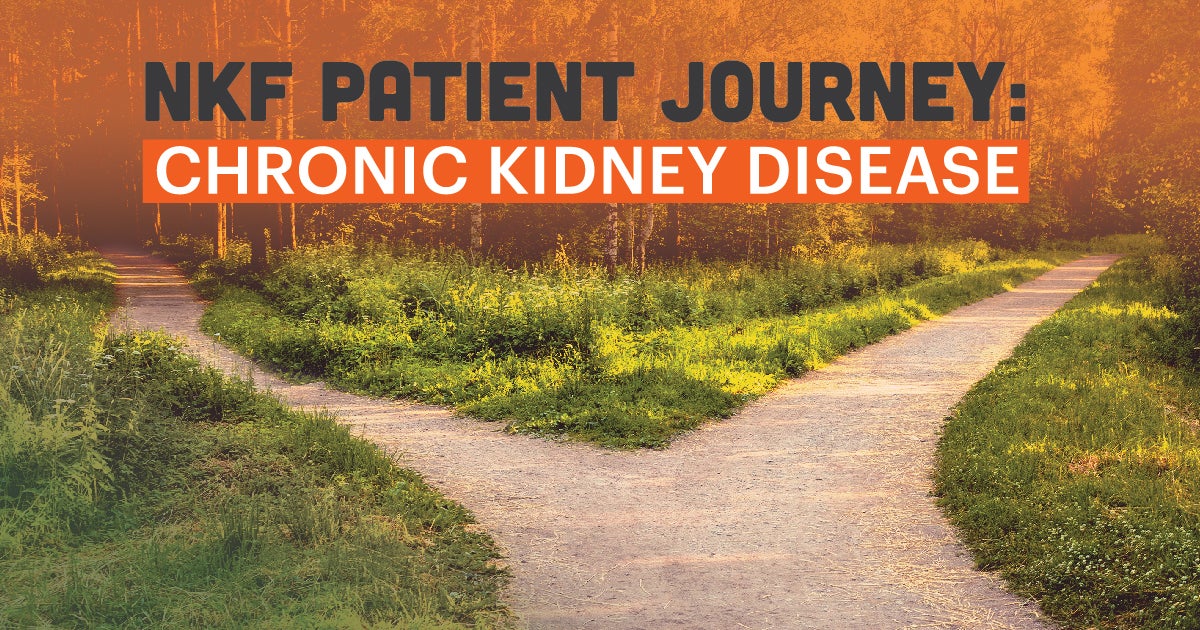High blood pressure, affecting one in three adults, is caused by factors like smoking, obesity, and lack of exercise. Regular checkups are vital for detection and management.
What is blood pressure?
Blood pressure is the force of blood pushing against the walls of your blood vessels as your heart pumps blood around your body. When you have high blood pressure, it means the pressure is too high. High blood pressure is a leading cause of kidney disease, heart attacks, and strokes.
How do I know if I have high blood pressure?
Most people with high blood pressure do not have any symptoms. You can have high blood pressure for years without knowing it. For this reason, it is often called a "silent killer" The only way to find out if you have high blood pressure is to have it measured.
How is blood pressure measured?
Blood pressure is measured by using a blood pressure cuff around your arm. The cuff is pumped up and then let down while listening for the pulse sound.
Blood pressure is measured as two numbers. The top number (called "systolic pressure") is the pressure when your heart is beating. The bottom number (called "diastolic pressure") is the pressure when your heart is resting between beats. A blood pressure of 120/80 is read as "120 over 80."
Normal blood pressure in adults 18 and older is less than 120/80. In general, for adults 18 and older, blood pressure that stays at 140/90 or more is considered high.
A single high reading may not mean you have high blood pressure. It should be confirmed on follow-up visits to your healthcare provider.
Is high blood pressure serious?
Yes. High blood pressure can cause problems in many organs in your body, including your kidneys and your heart. It makes your heart work harder. Over time, this can cause your heart to become larger and weaker, which increases your risk for heart attacks and strokes. It can also cause damage to the tiny blood vessels in your kidneys. Over time, this can lead to kidney disease or kidney failure. It can also lead to early death. In fact, according to a recent report from the American Heart Association, high blood pressure contributes to nearly 1,000 deaths per day!
Keeping your blood pressure in control lowers your risk for these problems. That is why it is important to find out if you have high blood pressure, and get treatment for it.
What should I do if I have high blood pressure?
Eat healthy meals, get regular exercise, and limit how much salt you eat. You may also need to take special pills to help control blood pressure. Keeping blood pressure under control is the best way to reduce your chance that it will lead to kidney disease or other health problems, including heart attacks or strokes.


















